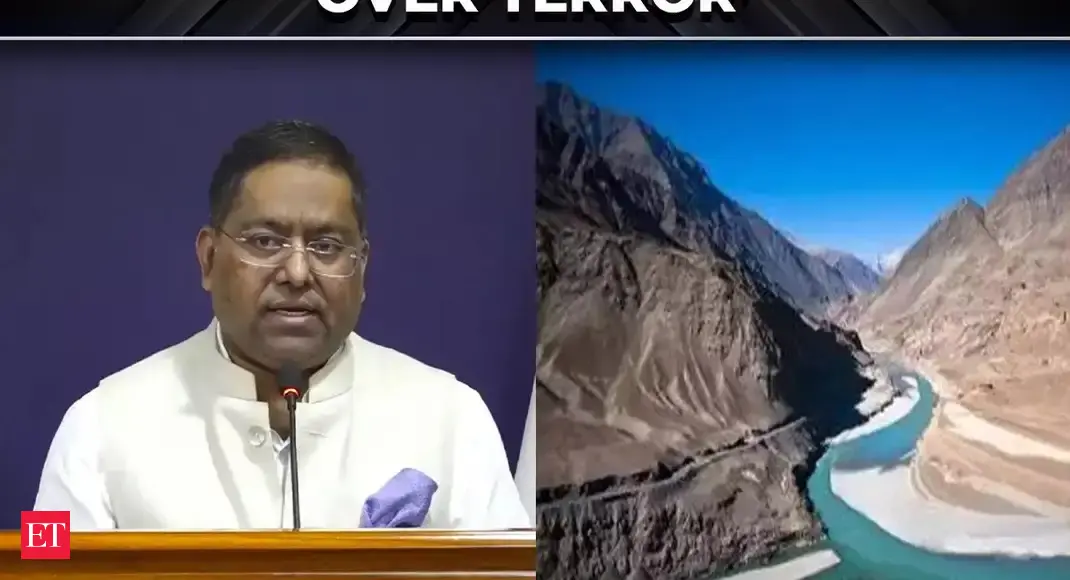

India has firmly asserted that it has never recognized the legality, legitimacy, or competence of the so-called Court of Arbitration (CoA), particularly concerning matters related to the Indus Waters Treaty (IWT). This strong stance comes in response to the CoA's recent ruling and Pakistan's continued reliance on the court to address disputes over water projects in the region.
The Ministry of External Affairs (MEA) has been vocal in its rejection of the CoA, calling it an "illegal" entity established at Pakistan's behest. According to the MEA, the very constitution of the CoA violates the IWT's provisions, rendering its decisions and awards null and void. The MEA views the CoA as a "charade" orchestrated by Pakistan to avoid accountability for its support of terrorism.
India's objections stem from the CoA's involvement in disputes concerning the Kishenganga and Ratle hydroelectric projects located in Jammu and Kashmir. These projects, situated on tributaries of the Indus River, have been a point of contention between India and Pakistan. Pakistan has argued that the projects' design parameters infringe upon its water rights under the IWT, while India maintains that the projects fully comply with the treaty's provisions.
The IWT, brokered by the World Bank in 1960, is considered a landmark agreement that has governed water sharing between India and Pakistan for over six decades. The treaty allocates the waters of the Indus River system, granting India rights over the eastern rivers (Beas, Ravi, and Sutlej) and Pakistan rights over the western rivers (Indus, Jhelum, and Chenab). The IWT also establishes mechanisms for resolving disputes, including through neutral experts and, in some cases, arbitration.
India argues that Pakistan has violated the IWT's dispute resolution mechanism by unilaterally initiating arbitration proceedings through the CoA. India has consistently maintained that disputes should be resolved through a neutral expert, as initially stipulated in the treaty. Furthermore, India has accused Pakistan of deception and manipulation by pursuing parallel proceedings not envisaged in the IWT.
In light of these concerns, India has suspended the IWT, citing security concerns and Pakistan's continued support for cross-border terrorism. Following a terror attack in April 2025, India placed the treaty in abeyance, asserting that any resumption of treaty obligations is contingent upon Pakistan decisively addressing terrorism and adhering to established dispute mechanisms.
The MEA has reiterated that India remains committed to resolving disputes through mechanisms consistent with the IWT but firmly rejects any attempts to circumvent the treaty's provisions through "illegal" arbitration. India has also stated that the CoA's pronouncements are without jurisdiction, devoid of legal standing, and have no bearing on India's rights to utilize the waters of the Indus River system.
The situation remains tense, with both India and Pakistan holding firm to their respective positions. Pakistan has called on India to resume normal functioning of the IWT and comply with the CoA's award. However, India has made it clear that it will not recognize the CoA's authority and will continue to pursue its rights under the IWT through established and legitimate mechanisms.